7 Foods You Should Eat And Avoid For Acne Prone Skin
By: Priyanka Maheshwari Thu, 08 June 2023 1:25:02
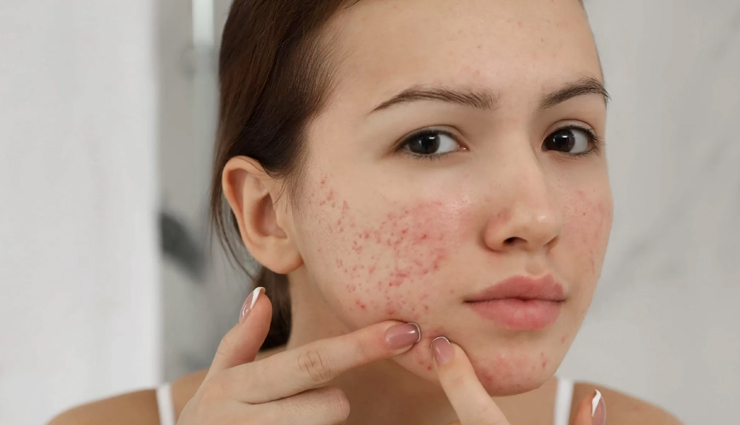
A single pimple has the potential to disrupt a woman's life, especially for those with acne-prone skin. Managing recurring acne can be challenging, and it becomes crucial to take proactive steps to control the situation to prevent further breakouts and skin problems. While you may be familiar with the concept of healthy and unhealthy foods, it's equally important to recognize that certain foods are beneficial or detrimental for individuals with acne-prone skin. Familiarize yourself with these foods, and make informed choices about including or avoiding them in your diet.
Acne-prone skin is a common dermatological condition that affects many individuals, particularly teenagers and young adults. It is characterized by the formation of pimples, blackheads, whiteheads, and other types of blemishes on the skin. Acne occurs when hair follicles become clogged with oil, dead skin cells, and bacteria, leading to inflammation and the development of acne lesions.
Having acne-prone skin can be a source of distress and frustration, as it not only affects one's physical appearance but can also have a significant impact on self-esteem and confidence. Dealing with recurring breakouts and the potential for scarring can be challenging, requiring individuals to adopt effective skincare practices and make lifestyle adjustments.
Understanding the factors that contribute to acne-prone skin, such as hormonal changes, genetics, and certain lifestyle habits, can help individuals manage and prevent acne more effectively. Additionally, being aware of the best skincare products, treatment options, and lifestyle choices can empower individuals to take control of their skin health and reduce the frequency and severity of acne breakouts.
Acne-friendly Foods
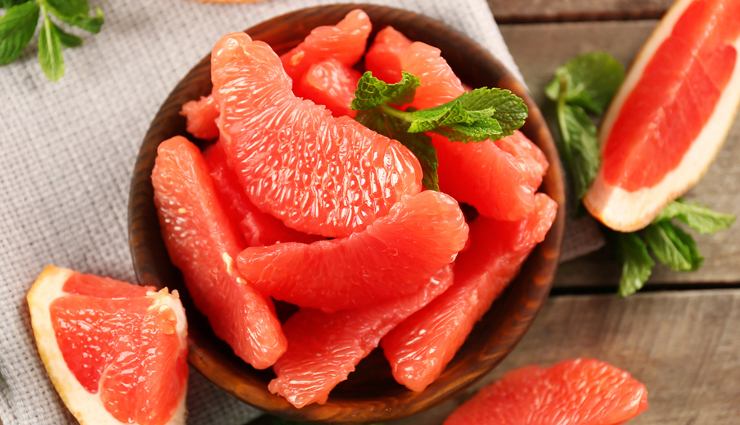
# Hydrating foods
The primary challenge faced by those with acne-prone skin is dryness resulting from insufficient moisture in the skin. To address this concern, incorporating hydrating foods into your diet is essential. Optimal hydration can be achieved by consuming water abundantly and including foods with high water content, such as melons, oranges, grapes, tomatoes, and more.
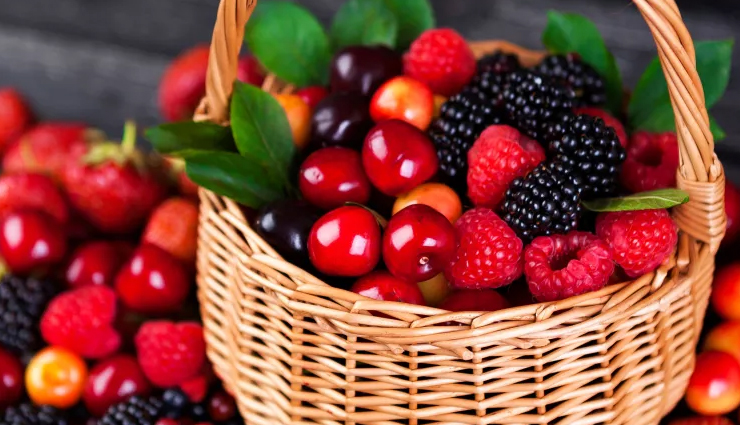
# Colorful fruits and vegetables
Introducing a variety of colors into your diet can invigorate your skin. Indeed, colorful foods play a beneficial role in calming acne breakouts, thanks to their abundant antioxidants and anti-inflammatory properties. These foods are often rich in beta-carotene, which is converted into Vitamin A, a vital nutrient for healthy skin. By incorporating these colorful foods into your diet, you can help prevent future breakouts and promote clearer, healthier skin.
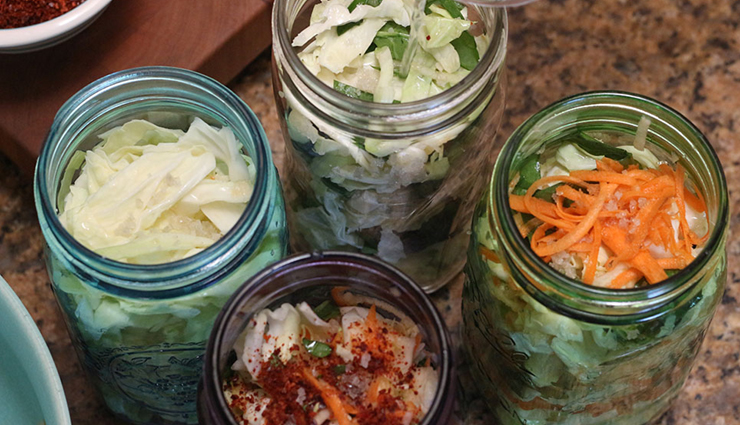
# Cultured vegetables
To achieve a complexion that is both healthy and radiant, maintaining a well-functioning gut is crucial. A properly balanced gut serves as a pathway to attaining clear and vibrant skin. When it comes to acne-prone skin, incorporating cultured vegetables like cabbage, sauerkraut, and kimchi into your diet can be highly beneficial. These foods aid in boosting collagen production, which helps combat acne and enhance overall skin health. Additionally, other sources of probiotics such as coconut kefir, tempeh, and kombucha tea can contribute to a healthier gut and improved skin condition.
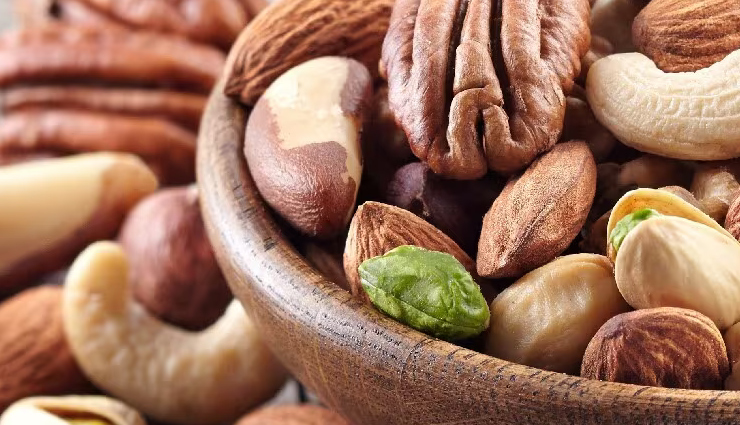
# Nuts
Contrary to a common myth, nuts are actually beneficial for individuals with oily or acne-prone skin, despite their high fat content. This is because they contain omega-3 fatty acids, which effectively combat skin inflammation and aid in the treatment of acne. However, it is important to consume nuts in moderation to avoid excessive fat intake. By incorporating nuts into your diet sensibly, you can harness their skin-friendly properties without overloading your body with fats.
Worst foods for Acne-prone skin
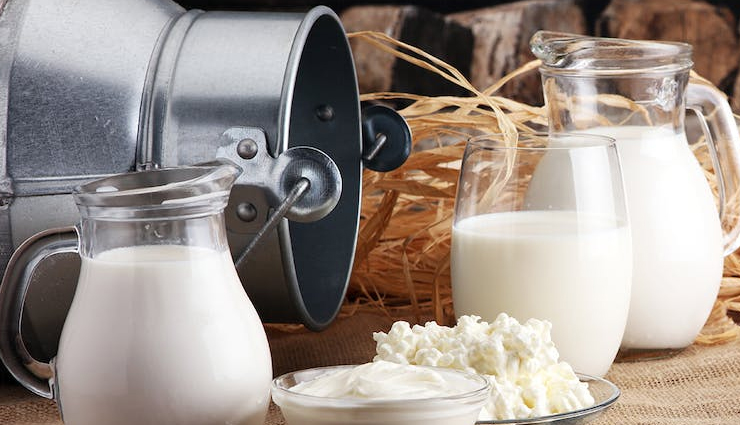
# Dairy Products
It is widely recognized that dairy products have a negative impact on the skin. Research indicates a significant association between dairy consumption, particularly cow's milk, and skin health. The hormones present in raw cow's milk can trigger skin breakouts, making it advisable for individuals who frequently experience acne to completely eliminate dairy from their diet. Instead, healthier alternatives such as soy milk, almond milk, and similar substitutes should be chosen as replacements. By making this dietary adjustment, individuals can promote clearer and healthier skin.
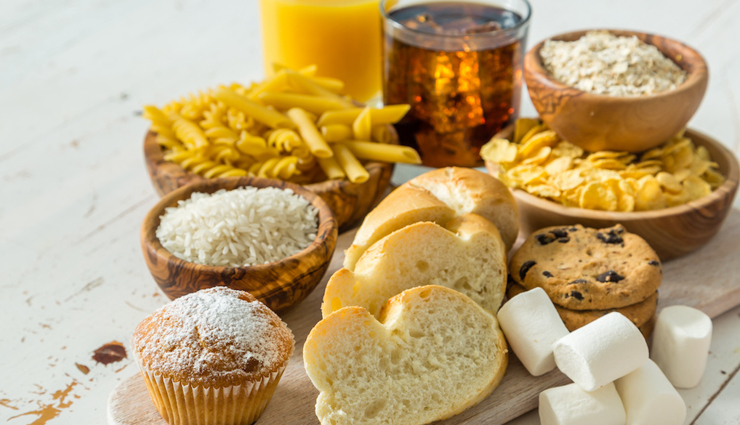
# Refined carbohydrates
Cakes, pastries, white bread, and cookies are notorious contributors to acne-related issues. These foods lead to a rapid increase in blood sugar levels, which in turn triggers hormonal imbalances, inflammation, and excessive sebum production. To effectively manage acne, it is crucial to regulate carbohydrate consumption and focus on consuming complex carbohydrates instead. By controlling your intake of carbs and opting for complex sources, you can help maintain more stable blood sugar levels and mitigate the factors that contribute to acne breakouts.
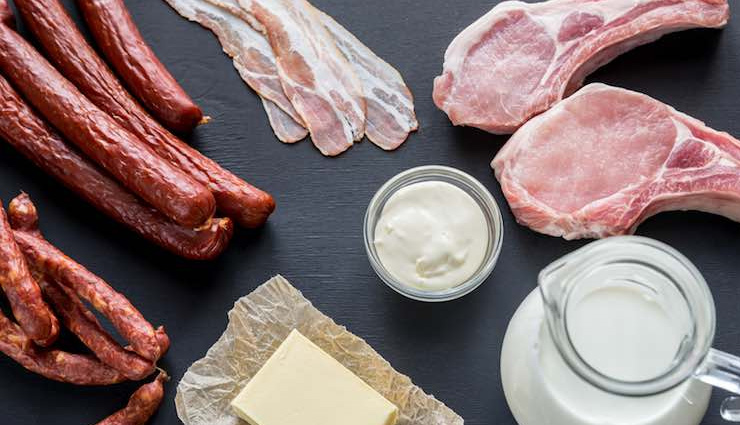
# Saturated fats
It is essential to completely avoid foods that are rich in saturated and trans fats. Instead, opt for foods that are abundant in monounsaturated fats, as they can contribute to skin rejuvenation by soothing acne. To identify specific foods that contain monounsaturated fats, refer to a comprehensive list and consider incorporating them into your diet for their beneficial effects on your skin.





